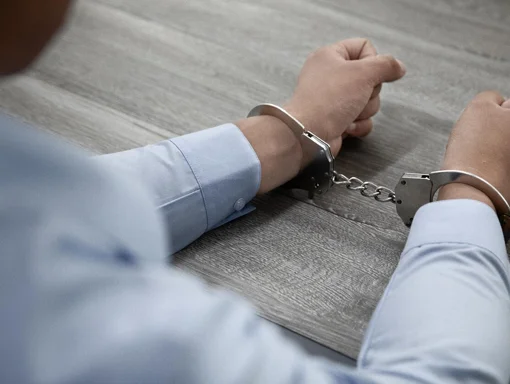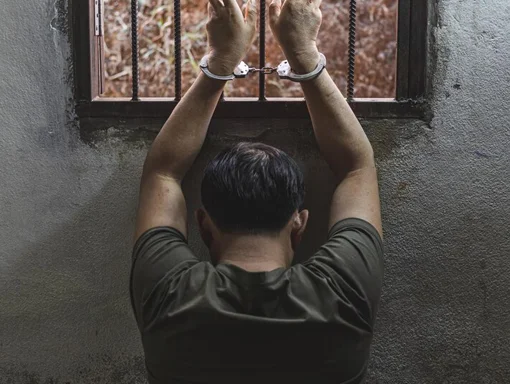Collin County Mental Health Defense Lawyer
The purpose of having a criminal code is to dissuade people from doing dangerous or damaging acts. This concept relies on people understanding doing certain things is wrong and the criminal justice system will provide punishment if they commit these acts. However, certain people are unable to make these connections in their minds. If they are unable to understand the consequences of their actions, it is unfair to say they knew what they were doing was wrong.
People facing criminal accusations may be able to raise a defense at trial that they were suffering from a mental health problem or their mental health mitigates the punishment they would otherwise receive. a Collin County mental health defense lawyer can provide more information about what this means. They will be able to help you understand how a case that ends with a finding of incompetency affects you or how your mental health may impact the ranges of punishment you are facing. A criminal defense attorney is prepared to submit evidence to the court indicating how a person’s mental health affected their decision making and why a criminal conviction is inappropriate.
HOW DOES MENTAL HEALTH IMPACT THE LAW?
All people are responsible for their actions. However, in some situations, a person cannot recognize their actions are wrong. This may result from a simple inability to comprehend what is happening to them and the people around them. It may also represent a temporary loss of judgment due to extreme trauma.
State law defines what it means to suffer from a mental illness. According to Texas Code of Criminal Procedure Art. 46B.001 (13), a mental illness is any illness, disease, or condition, other than epilepsy, dementia, substance abuse, or intellectual disability that grossly impairs a person’s thought, perception of reality, emotional process or judgment; or, behavior as demonstrated by recent disturbed behavior.
Intellectual disabilities also affect a person’s ability to comprehend the consequences of their actions and is defined by Texas Code of Criminal Procedure Art. 46B.001 (8) as significantly subaverage general intellectual functioning concurrent with deficits in adaptive behavior that started during the developmental period of the person. Either example can impact the outcome of a criminal case. A defense attorney in Collin County could provide more information about mental health concerns and their impact on a person’s responsibility for criminal activity.
SEEKING AN ACQUITTAL DUE TO MENTAL HEALTH CONCERNS
In Texas a person may be insane, incompetent, or suffering from mental health issues, and all these findings can have a different effect on the outcome of their criminal charges.
Incompetency to stand trial is a separate issue from guilt, innocence, or the appropriate punishment. If the judge, the prosecutor, or the defense attorney believes there is evidence of incompetency the court will stop the proceedings and order an examination. If there is a disagreement as to incompetency, a trial on that issue alone must be held prior to deciding guilt, innocence, or punishment. A defendant and their attorney can present evidence at trial to a jury or a judge that allows the decision on incompetency to be found beyond a reasonable doubt a defendant was incompetent as defined by Texas Code of Criminal Procedure Art. 46B.003(a). This involves having expert psychiatrists and psychologists evaluate the defendant, submit reports to the court and possibly testify as to the person’s ability to help their attorney or whether they have a rational and factual understanding of the proceedings.
A person may be competent to stand trial, but at the time the alleged offense was committed when they were insane. Claiming insanity is an affirmative defense and evidence must be presented by the defendant and their attorney. Insanity is defined by Texas Penal Code § 8.01 and the evidence must show that at the time of the conduct, the defendant, as a result of severe mental disease or defect, did not know his conduct was wrong. If the insanity defense is going to be used the court will appoint at least one expert to evaluate the defendant. These experts will produce a report and the court can decide without a jury or with a jury if the defendant is insane. A successful argument with this defense could lead to a court finding the defendant not guilty by reason of insanity without a trial.
If a person is not incompetent or does not meet the definition of insanity, their mental health may still impact the way their criminal charge is handled. The person may still face consequences for the event. A successful mental health defense may result in some form of commitment for mental health concerns in a state hospital. This is usually a better outcome than a person spending time in prison. A mental health defense lawyer in Collin County could help work toward this outcome.
CONTACT a Collin County MENTAL HEALTH DEFENSE ATTORNEY TODAY
The state’s criminal code aims to punish people who commit criminal acts. When the person does not understand their actions due to mental health issues, they need an attorney with experience dealing with the intersection criminal law and mental health. When a person is unable to appreciate the consequences of their actions because of a mental health concern, it may be possible to dispute the need for a criminal conviction or even a trial.
a Collin County mental health defense lawyer could help pursue one of these outcomes. Our team could explain how the law defines a mental health concern that justifies an acquittal or lack of need for a trial. We will also take the lead in hiring experts needed to prove these concepts in court. Speak with our team now to learn how we are ready to help.





